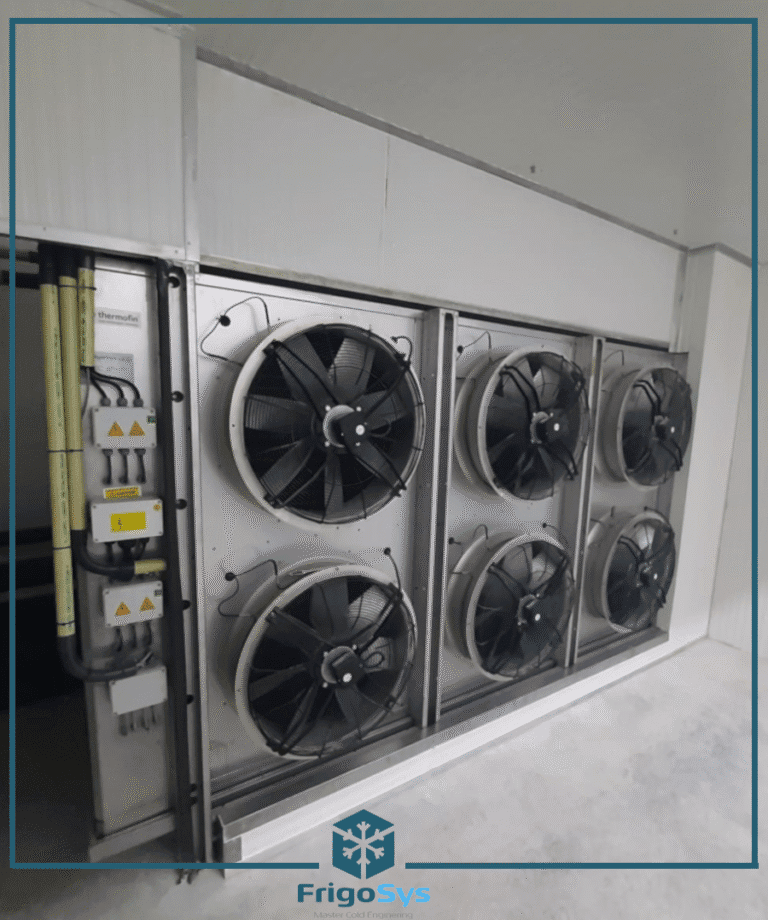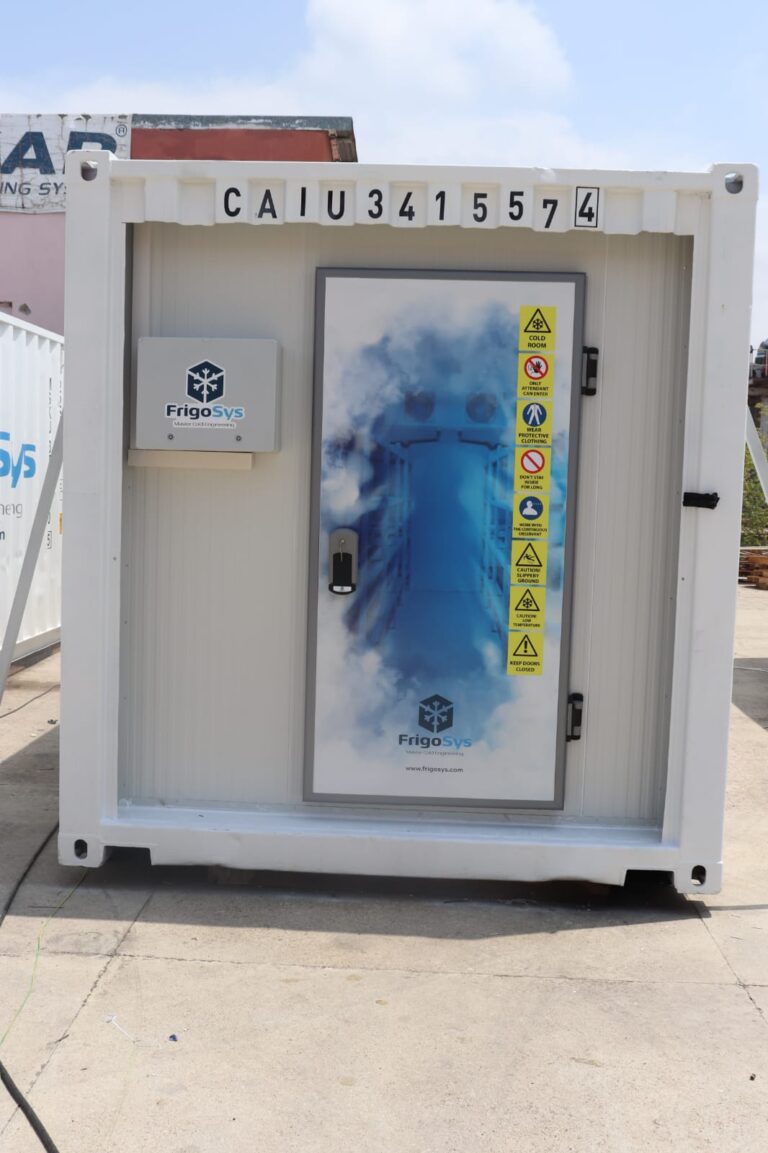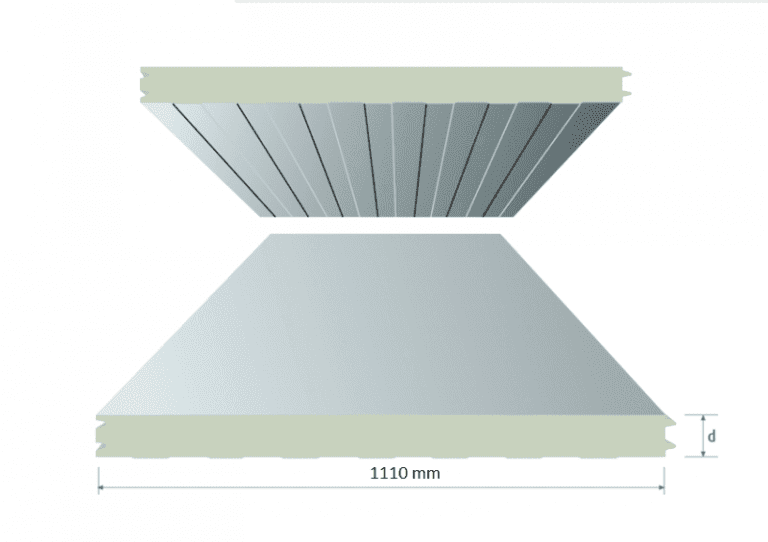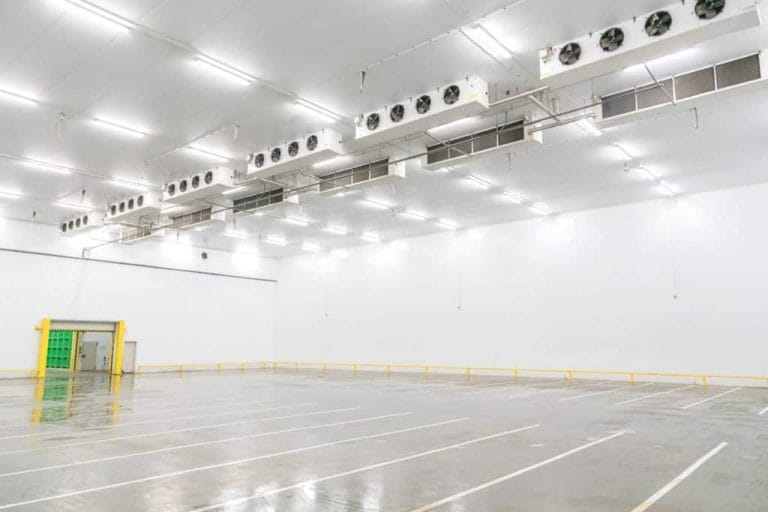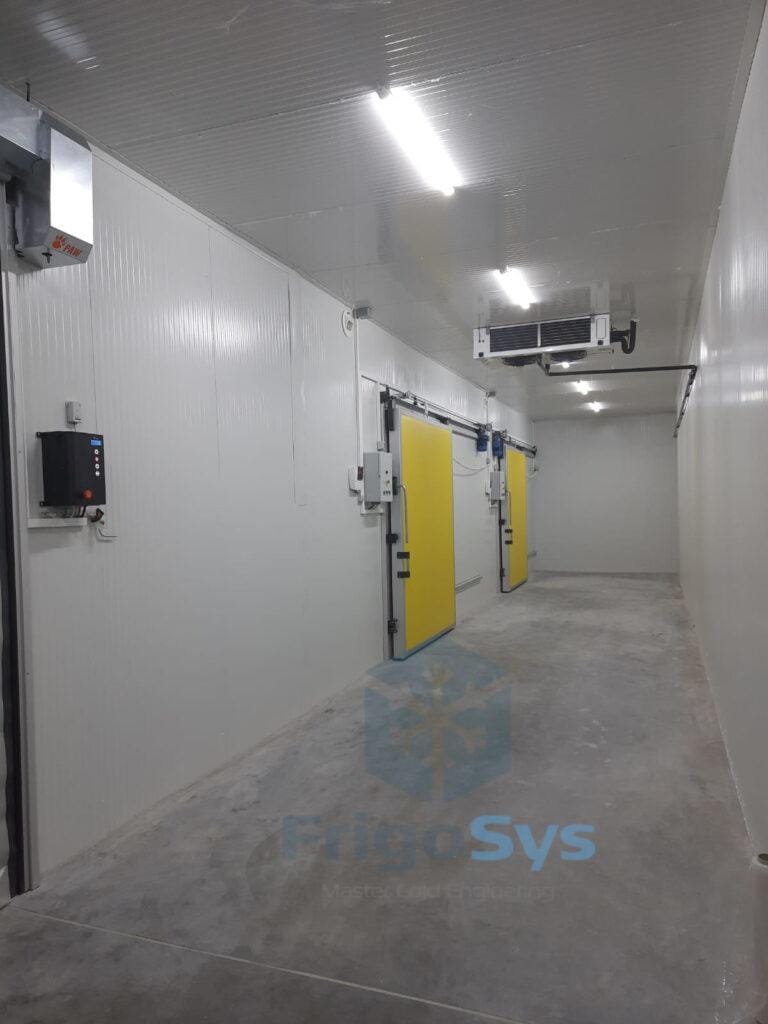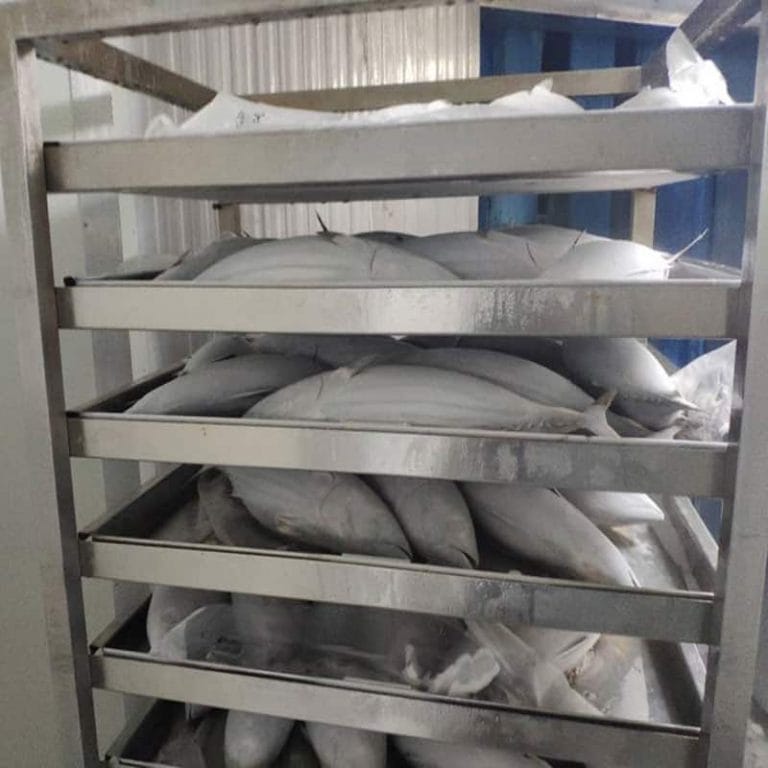You can find information about the cold storage of onion in this article. Considering the needs and requirements, you can read the storage conditions of onions without spoiling.
Scientific Name and Introduction of Onion
Onions (Allium cepa L., Cepa group) are a biennial of the Alliaceae family. The edible portions of the bulb are the enlarged leaf bases and compact stems. Green onions, called scallions, are eaten for their immature bulb and green foliage. The predominant flavor component results from the activity of the enzyme alliinase in broken or crushed tissue, yielding the volatiles propyl disulfide and methyl propyl disulfide. China, India, the United States, Turkey, Japan, Spain, Holland, Poland, and Ukraine are major onion producers.
Quality Characteristics and Criteria
High-quality onions have mature bulbs with good firmness and compactness of fleshy scales. The size, shape, and color of the dry skin should be typical for the variety. They should be free of mechanical or insect damage, decay, sunscald injury, greening of fleshy scales, sprouting, bruising, doubles, bottlenecks (onions which have abnormally thick necks with only fairly well-developed bulbs), and any other defects.
Horticultural Maturity Indices
Harvest maturity depends on the purpose for which the onions are grown. Onions intended for storage should be harvested when 50 to 80% of the tops have fallen over and bulbs are mature with a thin neck. Yields are higher if they are harvested after the tops are completely dry, but then bulbs tend to have a shorter storage life. To hasten maturity, tops can be rolled with a light roller when 10% of them have fallen. About 7 days before lifting, bulbs can be undercut by a blade; such onions should not be used for long-term storage. Onions for bunching can be harvested from the time they are pencil-sized until they have the proper bulb size

Pre-cooling Conditions of Onion
In order to maintain high quality, bunched green onions should be precooled to <4 °C (39 °F) within 4 to 6 h of harvest. Hydro cooling, forced-air cooling, and vacuum-cooling are used with crushed ice over the product to maintain temperature and moisture. Dry onion bulbs for long-term storage should be precooled to 0 °C (32 °F) immediately after drying, or within 1 mo using cool outside air. The pre-cooling method affects storability. Rapid precooling inhibits rooting and sprouting during storage. Natural cooling (slow) positively affects storability when onions have a long rest period and weather conditions are good for curing. Gradual cooling at 1 °C (1.8 °F) per day in storage is less effective at inhibiting sprouting and rooting than rapid cooling
Cold Storage of Onion Optimum Conditions
Bunched green onions can be stored for 3 to 4 weeks at 0 °C (32 °F) with 95 to 98% RH. Under these conditions, bunched onions stored in polyethylene-lined containers and top-iced maintain excellent quality for 1 mo. Storage life decreases to 1 week if the temperature is 5 °C (41 °F), and rapid yellowing and decay of leaves occurs at higher temperatures. Pungent dry onions can be stored for 6 to 9 mo at 0 °C (32 °F) with 65 to 75% RH. High RH induces root growth, while high temperature induces sprouting. A combination of high temperature and high RH increases rotting and decreases quality. Storage below the freezing point of -1 to -2 °C (28 to 30 °F) is recommended in Europe. Mild type or sweet onions can be kept for 1 to 3 mo; they are stored in common storage with cool, circulating ambient air or in refrigerated cold rooms. Onions grown from seed stores are better than those grown from sets or transplants.
After harvest, onion bulbs enter a state of rest for 4 to 6 weeks, depending on the cultivar and weather conditions during growth. Maleic hydrazide, a sprouting inhibitor, is often used to prevent root growth and sprouting during long-term storage. It is applied 2 weeks before harvest when bulbs are mature and 50% of tops are down, but onion plants must still have five to eight green leaves in order to absorb and translocate the sprout inhibitor to bulbs.
Onions intended for storage should be dried well and cured in the field, under sheds, or in storage. After 2 weeks of field drying, onions can be transferred to storage rooms for final drying and curing. Forced-air ventilation at 25 to 27 °C (77 to 81 °F) using outside or heated air is commonly used to dry onions. Onions can be stored and dried on the floor in bulk 3 to 4 m deep or in 500 to 1,000 kg (1,100 to 2,200 lb) boxes. Drying is complete when the onion neck is tight, the outer scales are dry and make a rustling noise when touched, and the skin color is uniform. Weight loss of 3 to 5% can occur during drying. Losses from neck rot are reduced by rapid drying immediately after harvest. After drying and curing, the temperature should be lowered gradually to the normal seasonal temperature, or bulbs can be precooled in cold storage at 0 °C (32 °F). In either case, condensation should be avoided as it encourages rot and changes the color of the dry skin.
In most European countries and in the Northern United States, onions are stored in common storage, using cool, ambient air to maintain optimum temperature and RH. In this condition, onions are usually kept only until the end of March or the beginning of April, since further storage can cause losses to sprout and rot.
Refrigerated storage is used for onions that are to be marketed in late April to early July. For cold storage, onions are usually packed in rates or containers. Air circulation must be sufficient to maintain a constant temperature and remove moisture from inside storage containers. Onions packed in sacks can only be stored for a limited period, about 1 mo, since air movement through sacks is insufficient to maintain proper storage conditions. When stored below -1 to -2 °C (28 to 30 °F), onions should be thawed at 5 °C (41 °F) for 1 to 2 weeks before they are removed from storage. Rapid thawing damages onion bulbs. Mild and sweet onions can be stored for only 1 to 4 mo, even in optimal old storage. CA may extend the storage period. Onions tolerate storage at 30 to 35 °C (86 to 95 °F) for short periods before marketing or processing, but their quality and external color are less attractive than that of cold-stored onions.

